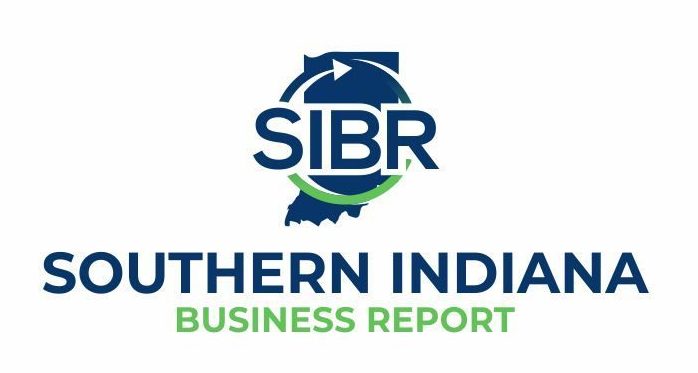By Larry DeBoer | Purdue University
Every year about this time homeowners receive a Form 11 from their county assessor. It’s the notice of assessment of land and structures, and it shows the previous assessed value of the home, and the new value for taxes payable next year.
I’m a homeowner, and I got my Form 11 last week. I was shocked. And not shocked.
Shocked, because the new assessment for 2022-pay-2023 was 30% higher than last year’s assessment. It had never increased that much in one year — not even close. It could mean that my property tax bill will go up next year by hundreds of dollars.
Not shocked, because I know that home values are rising fast. My neighbors had talked about a home around the corner that sold for way more than expected. Online real estate listings show houses like mine selling for more than my new assessment. An index of home prices based on all sales transactions in Indiana increased 14% in 2021, the biggest increase since 1978.
That higher assessment might be right. I guess that means I’m wealthier than I thought. Yay.
I understand why people complain. I made no improvements. My house has the same square footage, the same yard, the same bedrooms and baths as last year. It makes the same contribution to my family’s well-being as before. It will just cost more in taxes.
The property tax is a tax on the value of property. The Town of St. Johns decision by the Indiana Supreme Court in 1998 said that assessed value should be based on “objective measures of property wealth.” For most houses, that means selling prices. My house really is more valuable, and I really am wealthier. So my taxes will rise.
Unless they don’t. Suppose everybody’s home value rises by 30%, and so do rental apartment values, farmland values and business land, building and equipment values. Then my taxes won’t rise much at all. Basically, we divvy up property taxes based on the share of the value of each property in the total. If all assessments rise, tax rates will fall almost as much, and everyone will pay just a little more.
All property values are not rising at the same rate, of course. For Indiana taxes paid in 2022, homestead assessments rose 7.7%, rental housing assessments 4.1%, farmland 0.4%, and business property 3.1%. The homeowner share of total property value increased, so homeowner tax bills increased more than taxes on other property.
Next year farmland assessments will rise faster, around 16%, mostly because corn and soybean prices increased. It’s likely that homestead assessments will rise faster too, so some of the tax burden will shift from businesses and rental housing to homesteads and farmland.
At least if I pay more taxes, my county, city and school district will deliver more services, right? Not really. The additional revenue that local governments receive is based mostly on the “maximum levy growth quotient.” Most local governments set their property tax levies near the state-imposed maximum levy. It grows with a six-year average of Indiana income growth — that’s the growth quotient — which will be about 5% for 2023 budgets. If assessed value grows more than that, tax rates will fall, and revenue won’t increase as much as assessments do. That happened this year. Taxable assessed value grew faster than the levy in 51 of 92 counties, and average tax rates decreased.
Next year’s Indiana General Assembly might look for ways to reduce growth in homeowner property taxes. There are a few ways to accomplish that. They could make other property owners pay more so homeowners pay less. Other property owners would object. They could replace homeowner property taxes with some other tax source. Those other taxpayers would object. Or they could make local governments cut their spending so less property tax revenue is needed. Local government officials and many of their constituents would object.
Mortgage rates are rising, and this should reduce the demand for houses. Perhaps prices will rise more slowly this year. That would mean assessments might also rise more slowly next year, for taxes in 2024. In 2023, though, higher home assessments will mean higher tax bills for a lot of homeowners.
Larry DeBoer is a professor and extension specialist in agricultural economics at Purdue University.



